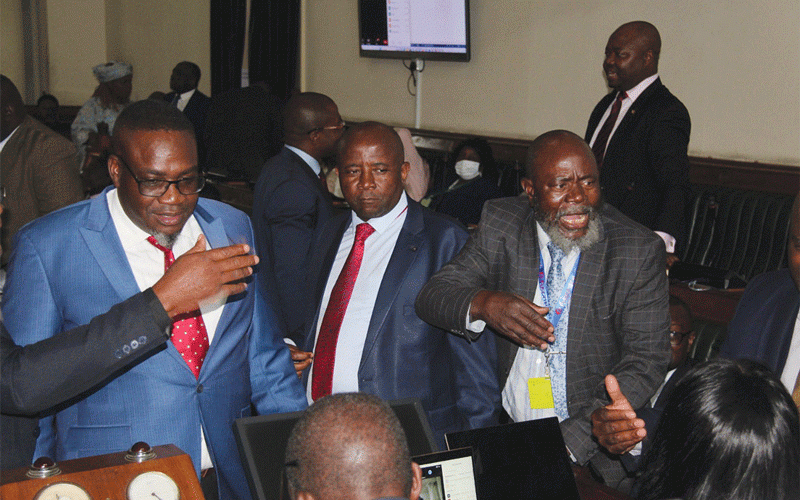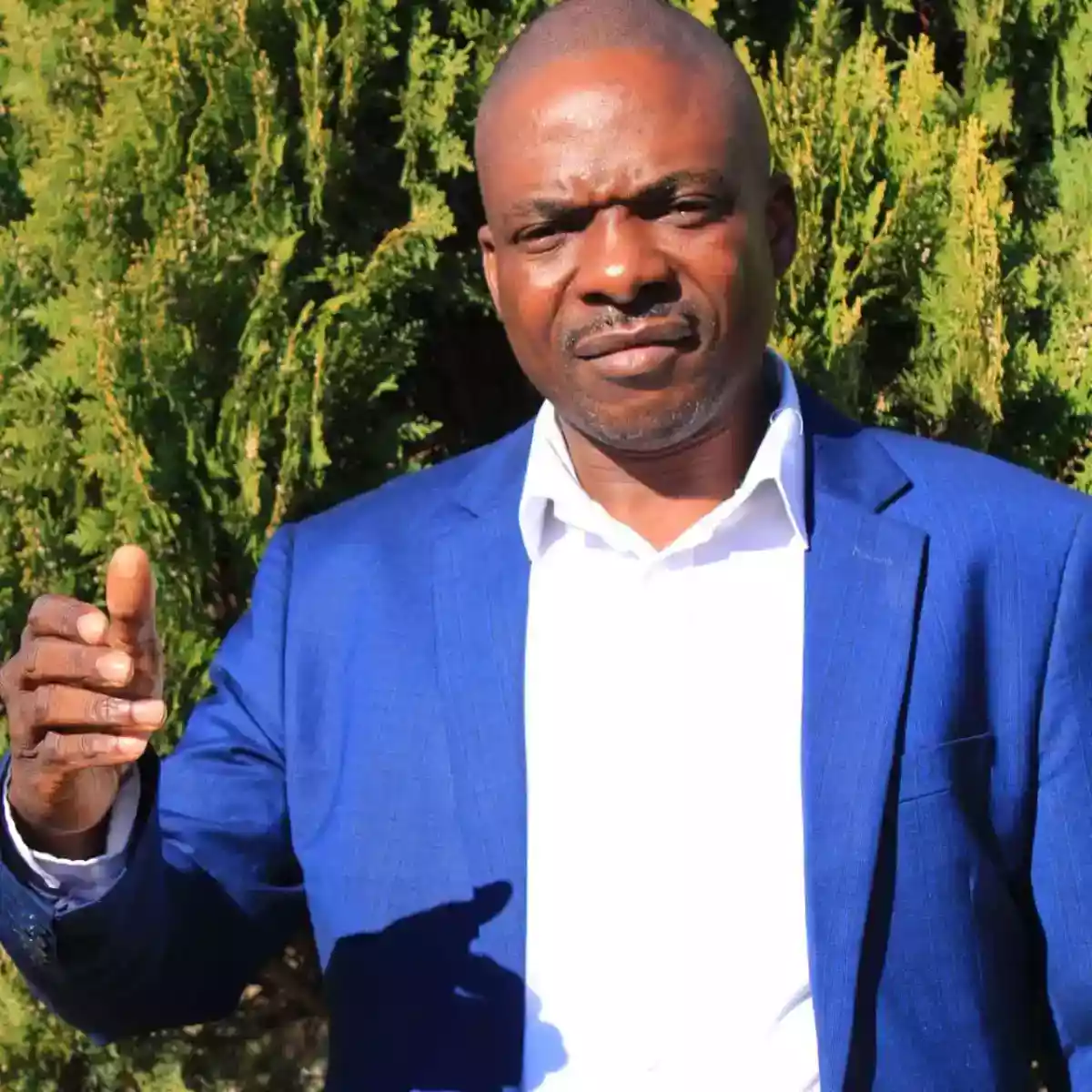
THE Criminal Law (Codification and Reform) Amendment Bill, popularly known as the Criminal Code, sailed through the National Assembly on Tuesday night and immediately sent chills down spines of many people as the new provisions seek to criminalise citizens found guilty of “wilfully damaging the sovereignty and national interest of Zimbabwe”.
WHAT IT MEANS
- Death penalty for ‘unpatriotic’ citizens
- Sad day for democracy, say critics
The Bill is now set to be debated in Senate before being taken for Presidential assent, if Senate approves it.
The Lower House’s passing of the Bill, which has often been referred to as the Patriot Bill, has shocked human rights and pro-democracy activists as well as opposition political parties after it emerged that one of the penalties for being “unpatriotic” is death.
Many described it as one of the most undemocratic and repressive laws to be passed against the country’s citizens.
The Bill, which seeks to amend the Criminal Code, seeks to penalise Zimbabweans charged with campaigning against or “hurting the interests” of the country including having any correspondence with foreign governments.
The Zimbabwe Lawyers for Human Rights (ZLHR) said: “Some of the penalties are manifestly unconstitutional”.
“The death penalty can only be imposed on a person convicted of murder in aggravating circumstances, as provided for in section 48 of the Constitution of Zimbabwe,” the rights lawyers said in a statement yesterday.
- Chamisa party defiant after ban
- Village Rhapsody: How Zimbabwe can improve governance
- News in depth: Partisan police force persecutes opposition, shields Zanu PF rogue elements
- Chamisa chilling death threat bishop defiant
Keep Reading
Other penalties include revocation of citizenship, prohibition from being registered as a voter or voting in an election for a period of at least five years.
The ZLHR said the penalties were an assault on the democratic and civic spaces.
“The penalty of prohibition of registration as a voter or voting at an election violates political rights as provided for in section 67 of the Constitution as read with paragraph 2 of the Fourth Schedule to the Constitution,” the ZLHR said.
“The proposed provisions will result in the closure of the civic space and violate human rights at a time when Zimbabwe has committed to implement critical reforms under the Structured Dialogue on Arrears Clearance and Debt Resolution process.”
Citizens Coalition for Change (CCC) spokesperson Fadzayi Mahere tweeted: “Did you know a person convicted under the ‘Patriot Bill’ can potentially face a death sentence?
“This is a violation of the right to life under section 48 of the Constitution, which says the death penalty can only be imposed for murder committed by men between 21-70 years old.”
Political analyst Effie Ncube said Zimbabwe was being turned into a pariah State.
“This law will worsen Zimbabwe’s status as a pariah State and deepen the political and economic crisis,” Ncube said.
“At the end of the day, what it means is that the freedoms that are granted by the Constitution, including the right of the people of Zimbabwe to freely express themselves, has been taken away by this law.
“The timing of this Bill considering that we are going towards elections will silence opposition voices.”
Constitutional lawyer Lovemore Madhuku said the law would not pass a constitutional test.
“It is unnecessary to have such an offence and if the Constitutional Court properly applies its mind to that provision, it will certainly be struck out on the basis that it goes too far on trying to limit freedom of expression or even the movements and political rights of people,” Madhuku said.
“People must be allowed to criticise the State or the government of the day.
“The State is not a living person, so whenever you are said to be criticising the State, you will obviously be criticising some official and that official would either be a Member of Parliament, government or the President or even a judge.”
In Parliament on Tuesday, opposition CCC legislators took turns to criticise the Bill — which was first tabled in August last year — and it sailed through because Zanu PF has the majority.
Former Zanu PF secretary for youth affairs Pupurai Togarepi, who is now the party’s chief whip, mooted the need for a Patriot Act in 2018 to prosecute Zimbabweans who allegedly speak ill of the country and advocate for economic sanctions.
In his contribution, Togarepi argued that Zimbabwe badly needed the Act to protect the “Zimbabwe brand” and he drew parallels with the United States which has similar laws, the Logan Act in particular.
The Logan Act, promulgated in 1799, criminalises negotiation through correspondence or communication by unauthorised American citizens with foreign governments having a dispute with the United States.










